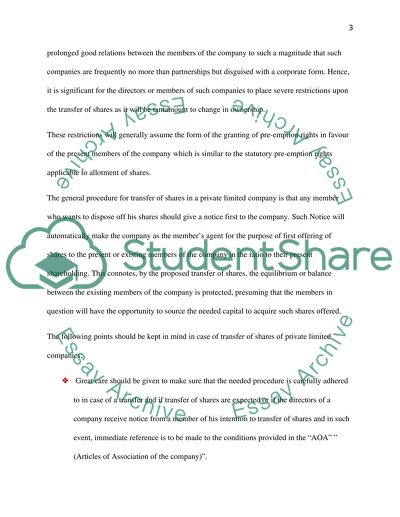Cite this document
(“Kent Cars Ltd Essay Example | Topics and Well Written Essays - 2500 words”, n.d.)
Retrieved from https://studentshare.org/environmental-studies/1421434-kent-cars-ltd
Retrieved from https://studentshare.org/environmental-studies/1421434-kent-cars-ltd
(Kent Cars Ltd Essay Example | Topics and Well Written Essays - 2500 Words)
https://studentshare.org/environmental-studies/1421434-kent-cars-ltd.
https://studentshare.org/environmental-studies/1421434-kent-cars-ltd.
“Kent Cars Ltd Essay Example | Topics and Well Written Essays - 2500 Words”, n.d. https://studentshare.org/environmental-studies/1421434-kent-cars-ltd.


